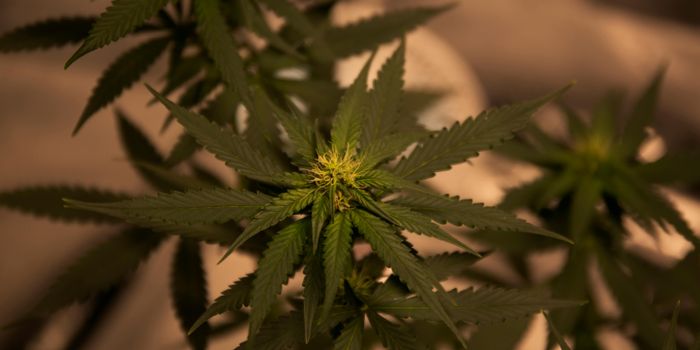Study Compares Delta 8 and Delta 9 Effects
A study published in the Journal of Cannabis Research suggested that Delta-8-tetrahydrocannabinol (Delta-8-THC) and Delta-9-tetrahydrocannabinol (Delta 9-THC) products may produce similar therapeutic benefits, but Delta 8 offers lower risks and more mild adverse effects. The study is one of the first to analyze an extensive survey of Delta-8 users.
The researchers administered an online survey to 521 Delta-8-THC consumers. The survey questions focused on Delta-8-THC experiences, comparisons with Delta-9-THC, and open-ended feedback. The respondents mainly included White/European American (90%) individuals, and 57% were male. Respondents were from 38 different states, and 90% of respondents resided in states where Delta-9-THC products are illegal.
Survey analysis revealed the most common modes of consumption. 64% of respondents used delta-8-THC edibles, 48% used concentrates, and 32% used tinctures. 18% smoked flower and 8% used topical products such as lotions or patches.
Most survey respondents reported experiencing relaxation (71%), euphoria (68%), and pain relief (55%). Some respondents reported a moderate amount or a lot of cognitive distortions impacting concentration (81%) and difficulties with short-term memory (80%). Many reported that they did not experience anxiety (74%) or paranoia (83%).
Survey data analysis indicated that respondents compared Delta-8 with both Delta-9 and pharmaceutical drugs favorably. The respondents often substituted Delta-8 for Delta-9 or pharmaceutical products. 57% used Delta-8 in lieu of Delta-9, and 59% of respondents replaced pharmaceutical drugs with Delta-8 products. Most respondents expressed concerns about continued legal access to Delta-8-THC. The findings suggest that Delta-8-THC products may provide much of the experiential and therapeutic benefits of delta-9-THC with lower risks and lesser adverse effects.
The research team plans to examine the potential impact of the substitution of Delta-8-THC for Delta-9-THC as an effective harm-reduction strategy. Current cannabinoid policy hinders research efforts needed to explore the favorable effects of Delta-8 and Delta-9, but anticipated cannabis policy changes will lead to more extensive cannabinoid research activity.
Source: Journal of Cannabis Research








